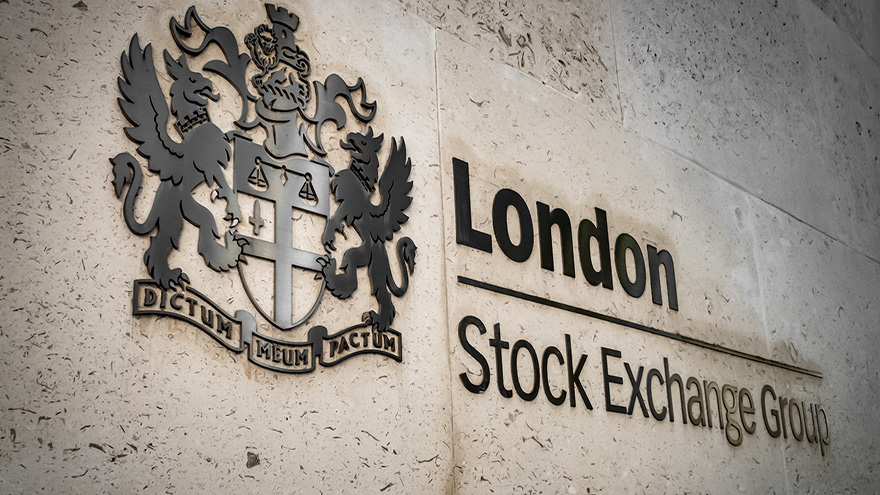
Egyptian Ed-tech Startup, OBM Education, Secures Funding for Expansion
OBM Education, an Egyptian educational technology startup, has announced a substantial six-figure funding round to expand its presence in Saudi Arabia.
The Empower Africa Business Platform is Now Live !!!

The British government is stepping up efforts to convince more African businesses to choose London as their gateway to international capital.
Officials say the push is part of a wider campaign to cement the City’s reputation as a global financial hub at a time when competition for listings is intensifying.
More than 100 African companies raised over £17 billion on the London Stock Exchange (LSE) in the decade leading up to 2020.
Recent deals highlight the momentum: Lagos-based Africa Finance Corporation, a major infrastructure investor, listed a $500 million eurobond in March, while Guaranty Trust Holding Company, the parent of one of Nigeria’s largest banks, secured $100 million through an initial public offering in London last month.
GTCO’s move marked the first time a Nigerian bank owner went public on the LSE.
Tracey Austin, a senior director at the Department for Business and Trade (DBT) responsible for financial and professional services, said the UK is working to rebrand London as more than just a place to do business.
“The UK is trying to be more inventive to sell London as a financial services center from where companies can attract global capital, not just a place to do business in and leave,” she told Semafor.
Over the past four years, DBT has collaborated with advisory firms to build a pipeline of African companies with listing potential.
The department has also hosted forums with African private equity and venture capital funds, pitching London as a quicker route to raising capital compared with waiting years to achieve billion-dollar “unicorn” valuations.
A key selling point has been the LSE’s revised listing rules, introduced last year, which require firms to give up a smaller share of equity in order to qualify for a listing.
So far, outreach has focused on pan-African firms and tech-driven businesses, with rising interest in artificial intelligence, biotechnology, and clean technology.
Austin noted that North Africa, particularly Tunisia, is emerging as a hub for AI and deep-tech startups thanks to a strong foundation in science and engineering education. Ghana, Tanzania, Nigeria, and South Africa are also producing promising ventures that could benefit from London’s capital markets.
London’s appeal lies not only in its regulatory reforms but also in its established ecosystem of brokers and analysts who specialize in African equities, providing expertise that few other global financial centers can match.
While Wall Street exchanges remain larger in scale, London continues to position itself as the most accessible market for African firms seeking international exposure.

OBM Education, an Egyptian educational technology startup, has announced a substantial six-figure funding round to expand its presence in Saudi Arabia.

British International Investment (BII), the UK’s development finance institution, has made a major anchor commitment to Enko Capital’s new private credit vehicle — the Enko Impact Credit Fund (EICF).

Sanari Capital, a South African private equity firm, has announced the successful final close of its Sanari 3S Growth Fund, raising R1.5 billion (approximately $80 million).